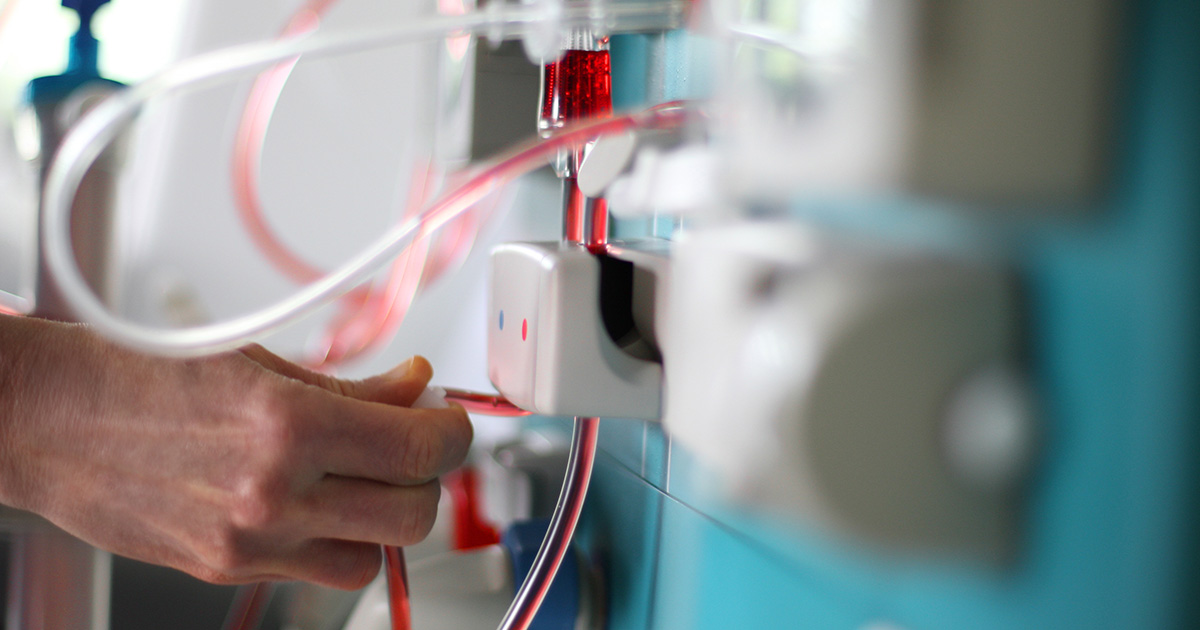Acute Renal Failure Symptoms And Solutions
Dialysis

Acute renal failure can be a life-threatening condition for some individuals. Some cases do not resolve on their own, leaving the patient's organs to become poisoned and damaged by toxins. When all other measures do not reverse acute renal failure, dialysis may be needed to rid the patient's body of the toxic substances. Dialysis is a type of treatment that involves a machine that removes blood from the body and filters the same compounds and substances from it a healthy kidney would. This process takes several hours, and may allow the organs to detox and regain most, if not all, of their function. This treatment option is used in cases of acute renal failure, where there is too much fluid buildup to be managed with diuretic medications. Patients who have a severe acid-base disturbance in the body that don't respond to other treatments will require dialysis for their acute renal failure. When an individual has met or exceeded a certain threshold of uremia severity, dialysis may be necessary to remove this substance from the bloodstream.
Uncover the next treatment for acute renal failure now.